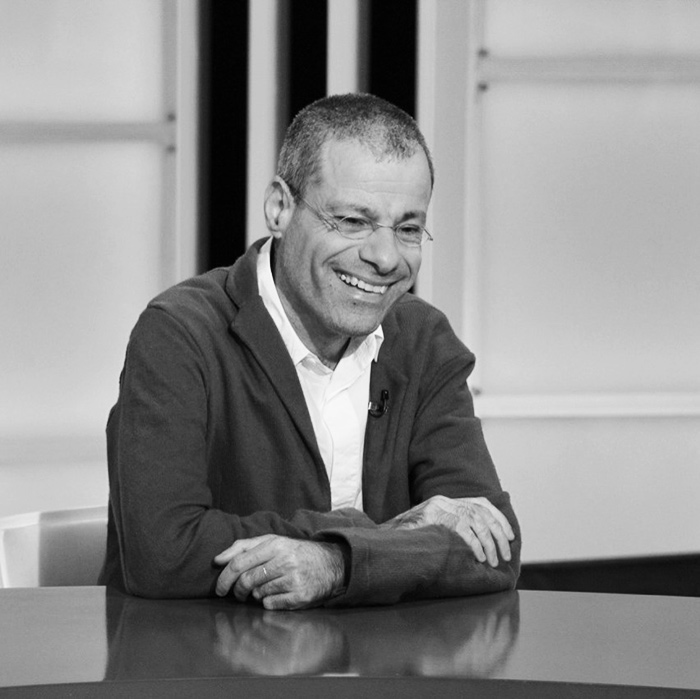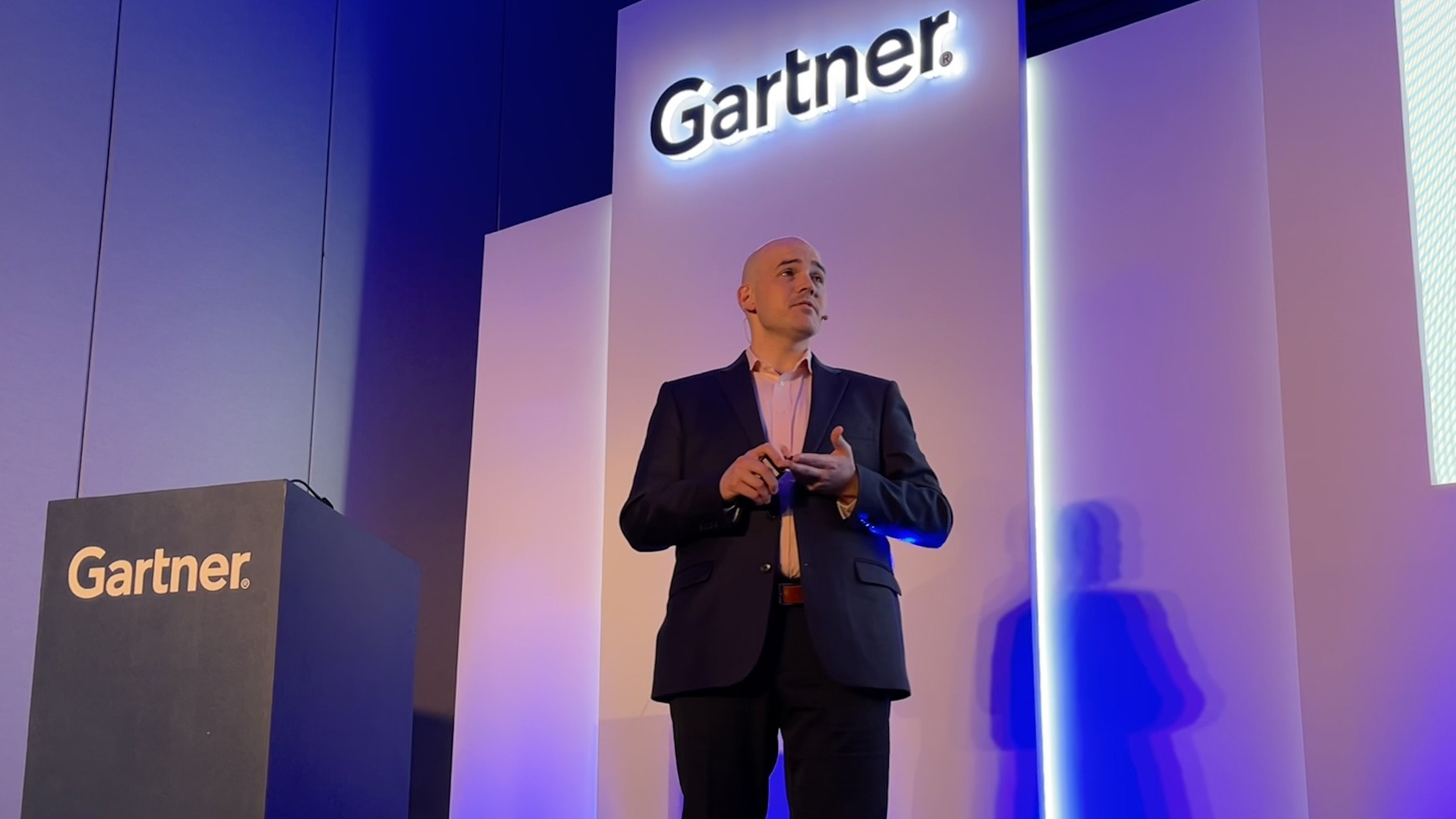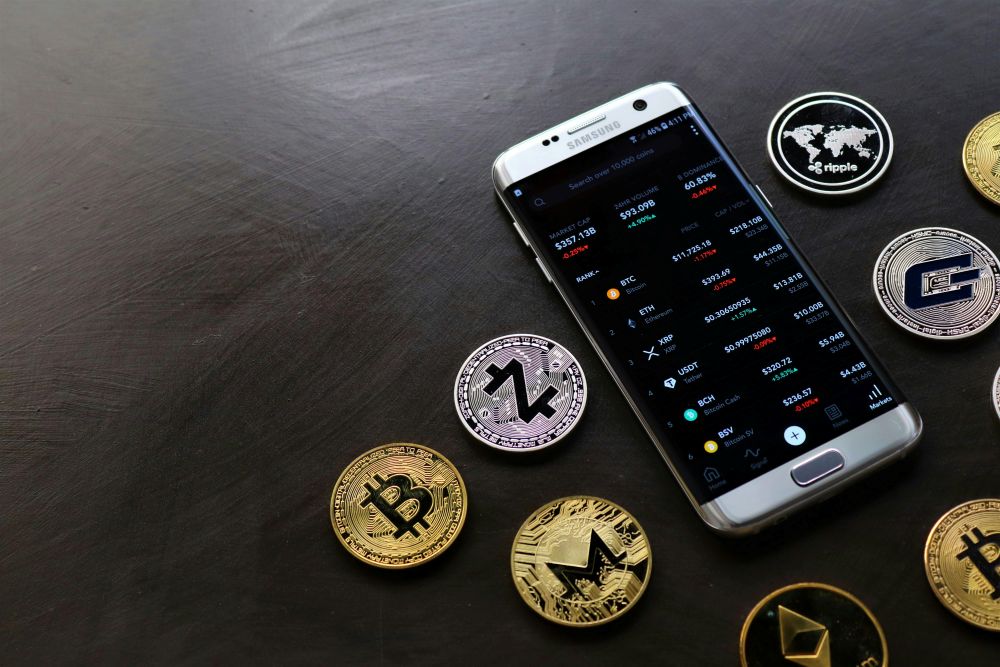In much of the Western world, ESG has become a point of contention. What once looked like a growing consensus is now a source of division—seen by some as political overreach or economic risk. In the US especially, ESG has become deeply polarised. Companies are scaling back the language, adjusting their messaging, and avoiding public commitments. The shift isn’t always about the substance. It’s about how much risk comes with saying the wrong thing—or saying too much.
The Gulf tells a different story. ESG remains closely tied to national strategies and regional ambition. From the UAE’s Net Zero 2050 target to Saudi Arabia’s Vision 2030, sustainability features prominently in how governments and businesses describe the future. Big projects, bold goals, and global summits have helped position the region as a place of possibility. The backlash seen elsewhere hasn’t arrived here. But that doesn’t mean the region can afford to be complacent. In fact, it puts more responsibility on communicators to get the story right—before someone else tells it for them.
This isn’t just about terminology. The way ESG is communicated in the Gulf carries real consequences—for investment, for global perception, and for long-term trust. As companies in the region become more globally integrated, narrative coherence becomes as important as operational progress. The story needs to be ambitious, but also believable. Inspiring, but grounded. It needs to travel well—and hold up under scrutiny.
That’s a delicate balance. In a region where national identity and economic growth are tightly linked to bold transformation, sustainability is often communicated through scale and spectacle. Initiatives like NEOM or ADNOC’s net-zero strategy reflect this ambition. But they also show just how carefully the story needs to be told. When the messaging runs too far ahead of the underlying systems, people start asking tougher questions. And those questions don’t always stay local.
This is where communications professionals have a real opportunity—and a growing responsibility. Their role is changing. It’s no longer just about shaping a message; it’s about helping shape the thinking behind it. The most forward-looking communicators are already doing this. They’re sitting closer to strategy, asking harder questions, and recognising that ESG isn’t just something to explain—it’s something to interrogate, translate, and pressure-test.
In that sense, communications becomes a form of foresight. It helps identify inconsistencies. It pushes leadership to think more clearly. And it creates the space to say, with confidence: here’s where we are, here’s where we’re going, and here’s how we’re making that journey real. Doing that well means asking different questions: Do our commitments match our capabilities? Are we measuring what actually matters? Are we being transparent about what we’re still figuring out? These are not just communications questions—they’re questions about integrity and long-term credibility.
The Gulf is in a strong position to ask—and answer—those questions. Unlike in parts of the West, where ESG has become politically loaded, the region still has room to define its own terms. Public discourse hasn’t fractured along ideological lines. National priorities still include sustainability at the centre. There’s an opening here—a chance to shape an ESG story that reflects not just aspiration, but direction.
But that window may not stay open for long. Global attention is shifting. Expectations are rising. Investors, regulators, and civil society groups are looking more closely—not just at what companies say, but at what they’re doing and how they’re doing it. The more visibility the region gains, the higher the bar for credibility.
That’s not a threat. It’s an opportunity—to lead, rather than react. To connect ESG to innovation, competitiveness, and long-term resilience. To speak in a way that respects complexity, acknowledges trade-offs, and still earns trust. Communicators in the region are uniquely placed to drive that shift. They sit at the intersection of ambition and accountability, of national story and global reputation. When they’re given the mandate—and equipped to challenge assumptions—they can help ensure that ESG is not just a label, but a lens for the future.
The ESG narrative in the Gulf is still being shaped. That’s a privilege—and a responsibility. The region will be part of the global conversation either way. The real question is whether it chooses to lead the conversation—or lets others define it.






